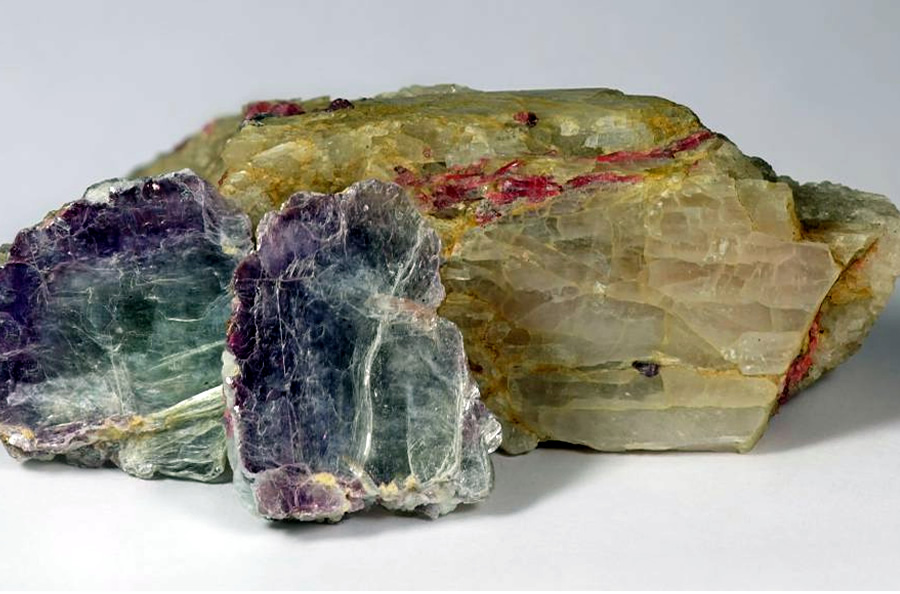
Zimbabwe's government has announced that exports of lithium concentrates will be banned from January 2027, in a bid to boost local industrialisation and raise revenue through domestic processing of the strategic mineral. With Africa's largest lithium reserves and a key supplier to China, the country is looking to tap into growing global demand for the mineral essential to the manufacture of electric vehicles and batteries. Since 2022, a restriction on the export of unprocessed lithium ore was already in place.
Despite official efforts, organisations such as the Natural Resource Governance Centre consider the measure to be overdue, warning that continued export without added value mainly benefits foreign investors and limits sustainable development. Currently, companies such as Bikita Minerals and Arcadia Lithium are building refining plants, while the country also faces serious economic and climate problems. According to the UN, more than seven million Zimbabweans are food insecure, exacerbated by the recent drought caused by the El Niño phenomenon.
Source: swissinfo.ch, AFP - Agence France Presse | 11-06-2025
